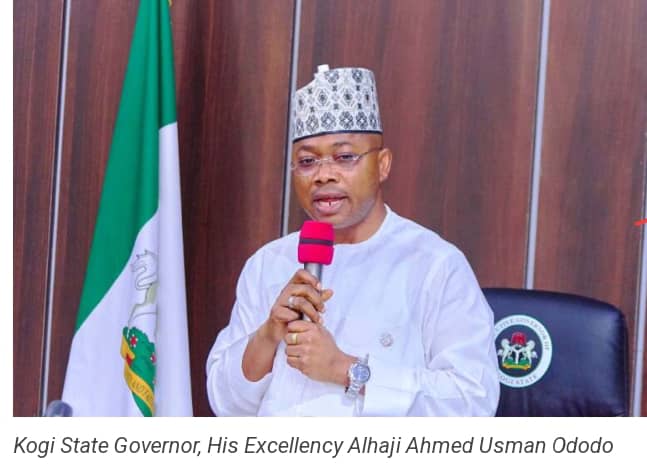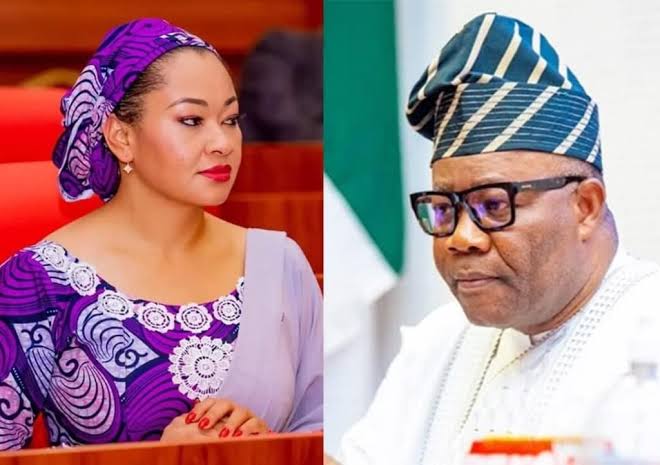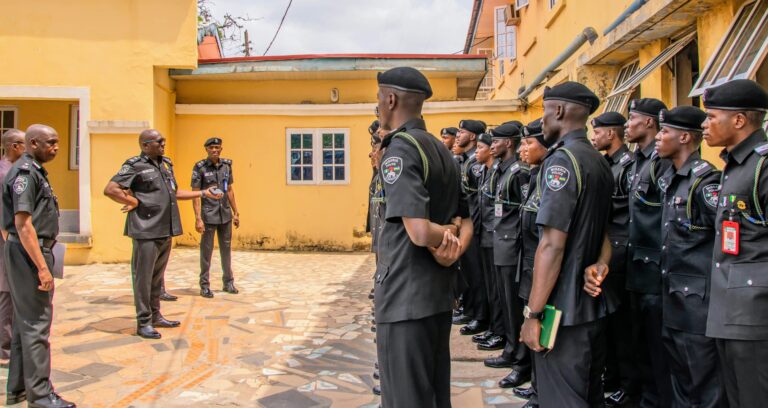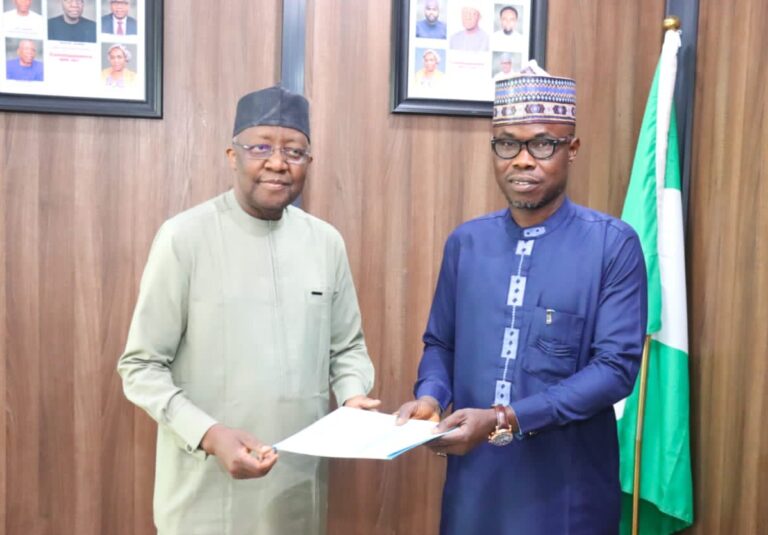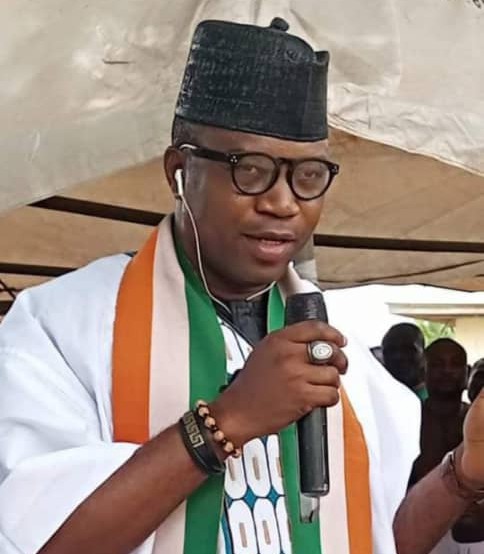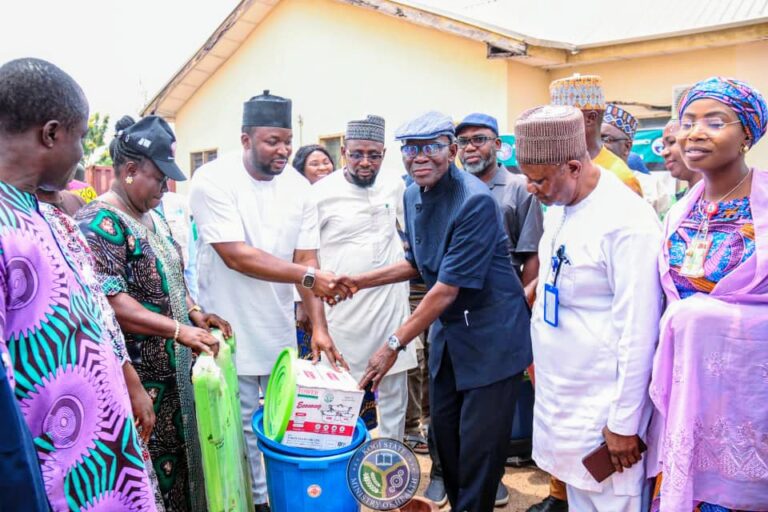Warning: Attempt to read property "post_excerpt" on null in /home/kogiflam/public_html/wp-content/themes/morenews/single.php on line 55


By Omolola Mamedu
The November 16 governorship election in Kogi has come and gone but undesirable reviews on the elections have continued to flood the media space. The election was marred with violence despite the early warning signs and recommendations to relevant actors in the election process.
The police force and the election management body failed to improve on the lapses from the February 2019 presidential election. The level of violence witnessed and reported during the governorship election was alarming and it raises concerns about the state of our elections, not just in Kogi but as we move ahead towards attaining sustainable electoral democracy in Nigeria.
During the pre-election period, early warning reports were disseminated to all relevant stakeholders ahead of the elections, aimed at providing pointers to incidents that could mar the process. An early warning system by itself does not automatically prevent conflict from happening, but however provides vital information for action to prevent violence or mitigate the consequences of electoral violence.
It has been well established that in order to prevent the occurrence of electoral violence an early warning system needs to be in place as it is rather impossible to prevent an incident from occurring without having prior knowledge or information.
Early warning is about obtaining first-hand information and using that information to inform planned interventions in the mitigation of such incidents, but how well has these early warnings signals reported impacted and helped in preventing the outburst of electoral violence in the just concluded governorship election in Kogi state.
The early warning signs and flashpoint was supposed to help identify the cause of an incident, predict the outbreak of the incident and strategize on how to reduce the effect or escalation of the incident, but unfortunately, inspite of all the early warning signals and trends of violence reported, Kogi election still experienced increased record of electoral violence outweighing the 2019 presidential election precedents.
For instance, the October conflict scan analysis meeting organized by Search for Common Ground; a Civil Society Organization who observed early warning signs before, during and after the elections, had in attendance representatives from the police force, Independent National Electoral Commission (INEC), Civil Society Groups (CSOs), Media and other stakeholders. During the meeting, early warning incident tracked from all 21 LGAs in kogi state were critically discussed and analyzed as with recommendations.
Top on the discussion was the high rate of political party and candidate violence, which has triggered down to all forms of electoral violence between politicians and their supporters, proliferation of arms by political thugs, vandalism and destruction of properties and instrument of campaign, intimidation and threats to citizens, harassment and abduction of some individuals who were loyal to opposing parties and in other instance incidents of death reported from some quarters in the state.
Other areas of concern were the worrisome rate of vote buying and voter inducement, inter-communal clashes and the inciting comments and hate speech during campaigns and rallies to spur violence. With all these incidents heralding the pre-election environment, what was experienced during the election was predictable. Concerns and worries were raised by journalist and other participants at the meeting, but again assurances were given by the police who promised to enforce patrol vehicles during the elections and create visible policing to apprehend miscreants and ensure peaceful election on Election Day.
Early warning concerns on report on fake policing and political thugs sewing and wearing police uniforms to disguise like the Nigerian police was also raised during the stakeholders meeting in lokoja with the Inspector General of Police (IGP) Mohammed Adamu and the chairman of the Independent National Electoral Commission (INEC) Professor Mahmood Yakubu in attendance.
This was supposed to put the police and security agents on alert and intentionally strategize on how to dislodge this fake policing which was masterminded to disrupt the polls on Election Day.
Again assurances and warnings were been made by the IGP stating that adequate provisions has been made by the police to forestall any incident of violence that could disrupt the process, assuring citizens of the safety of their lives and property as well as apprehend all miscreants who chooses to perpetrate mayhem on that day, but it’s rather unfortunate that a different event played out on election day with these thugs seemingly seen to overpower the security agents or connive to execute their mission.
There is need for system strengthening of the National early warning and early response mechanism by the Institute of Peace and Conflict Resolution (IPCR), Civil Society Organizations (CSO) and all relevant stakeholders in elections.
A holistic approach in reviewing and analyzing data received on early warning signals and strategize on how to develop an Early Response System (ERS) which addresses these early warning concerns. If deliberate attention is given to the information provided, it will go a long way in preventing, predict the outbreak of incidences and appropriately device measures to mitigate these violence that poses as a great threat in attaining electoral stability and peaceful elections.
Omolola Mamedu is an early warning signal specialist and a program coordinator with Search for Common Ground

